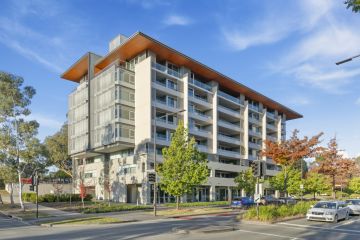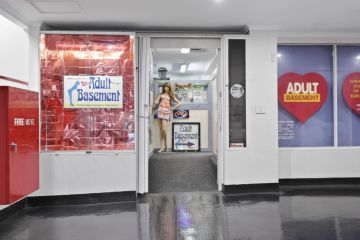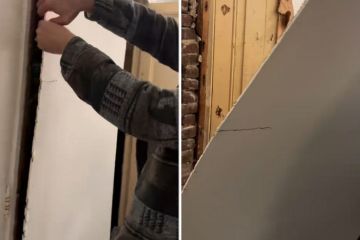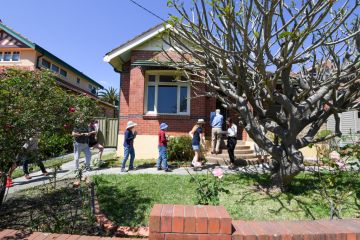Increasing number of Australians over 40 turning to share housing
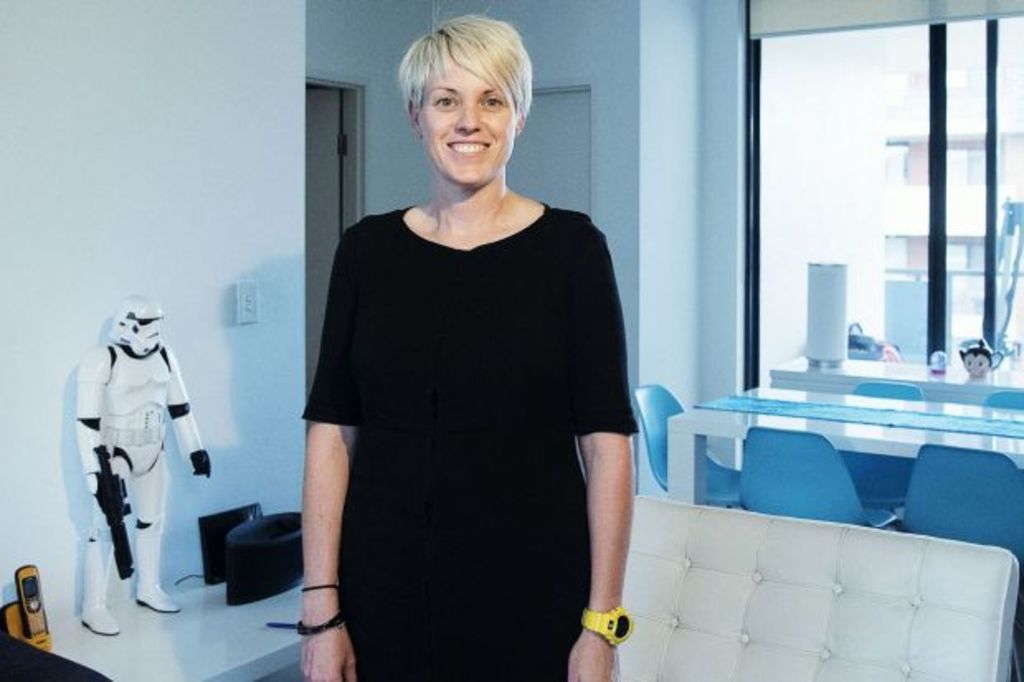
Kylie Joughin lives in a well-maintained inner-city Sydney apartment with two bedrooms, two bathrooms, two large balconies, a pool and a gym.
But the 40-year-old business co-ordinator doesn’t live alone. She shares the apartment in Erskineville with her 41-year-old flatmate.
Joughin is one of an increasing number of Australians over the age of 40 turning to share housing, according to data from share house listings service flatmates.com.au.
Between the start of January and end of February this year, the number of people over 40 looking for accommodation on the website jumped – relative to the total number of people looking – 20 per cent year on year.
During those two months, 2775 people in that age bracket used the website to find a share house to live in.
Of the 2775 people nationally who were seeking housemates, 739 of those were from Sydney.
Joughin, who has been living in share houses for the past five years, says she has chosen to live with flatmates because of the unaffordable cost of renting in Sydney.
“I think the only way you can afford to live in a nice place in Sydney is if you are in a relationship and living in a one-bedroom apartment,” she said.
The median rental price for an apartment in Sydney is $500 a week, according to Domain’s quarterly rental report from January.
Ned Cutcher, Senior Policy Officer at the Tenants Union of NSW, said that as buying a home becomes too expensive, people turn to sharing.
“Home ownership is hard to achieve and that puts a pressure on the rental market,” Cutcher said.
With renting laws currently in review, the Tenants Union of NSW are pushing to give tenants more agency when it comes to rises in rent.
“We are calling on the government to change the way tenants can challenge an excessive rent increase,” Cutcher said.
He argued the onus should also be on the landlord to prove that rent should be increased beyond the price of inflation.
As it stands, it’s harder for tenants to argue against such increases because “they don’t have access to the kind of information that a property investor would about the market”.
Landlords are also able to send out a letter of termination as a way to then increase the rent. But Cutcher said he’d like to see landlords having to give reasonable grounds for ending a tenancy.
While the number of older Australians willing to house share may be rising, Joughin says she is an anomaly within her circle of friends.
She can only think of one other person over the age of 40 who lives with flatmates.
Despite this, she said age had never been a barrier for her finding flatmates to live with.
“I find around the inner west there seems to be more options for my age group,” she said.
“If I ever went to meet a potential housemate, age was never an issue, it’s more about lifestyle.”
Thomas Clement, chief officer of flatmates.com.au, said he expects the number of over-40s looking for flatmates to grow.
“Share accommodation is no longer just housing for students or those moving out of the family home; sharers have become far more diverse and include anyone from single mums to retirees,” Clement said.
States
Capital Cities
Capital Cities - Rentals
Popular Areas
Allhomes
More
- © 2025, CoStar Group Inc.
